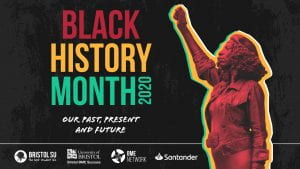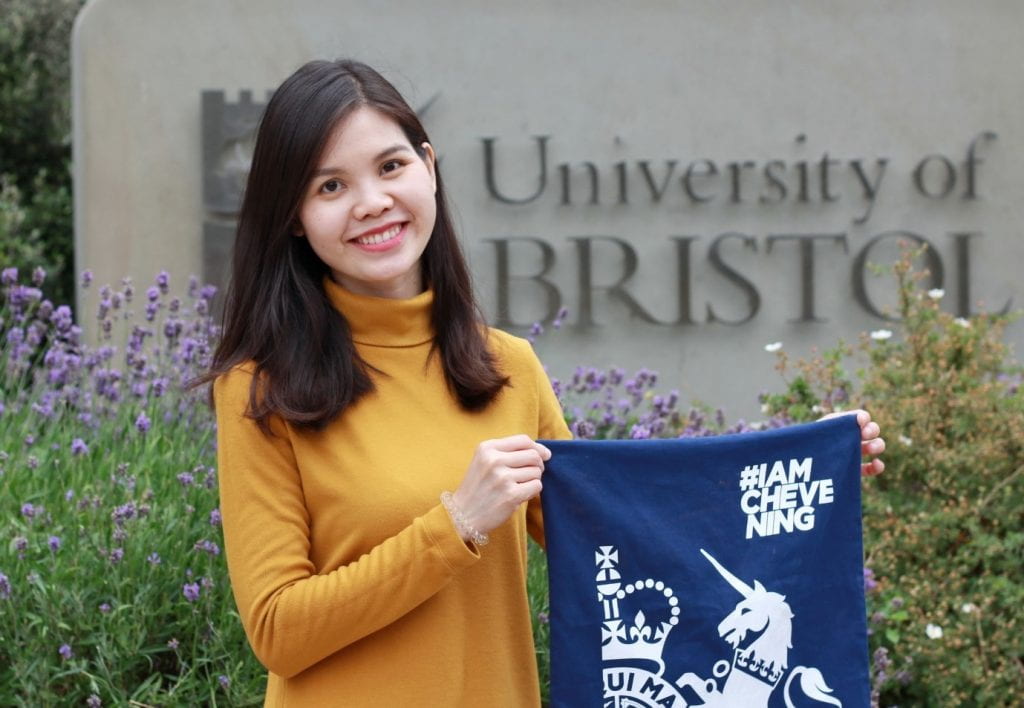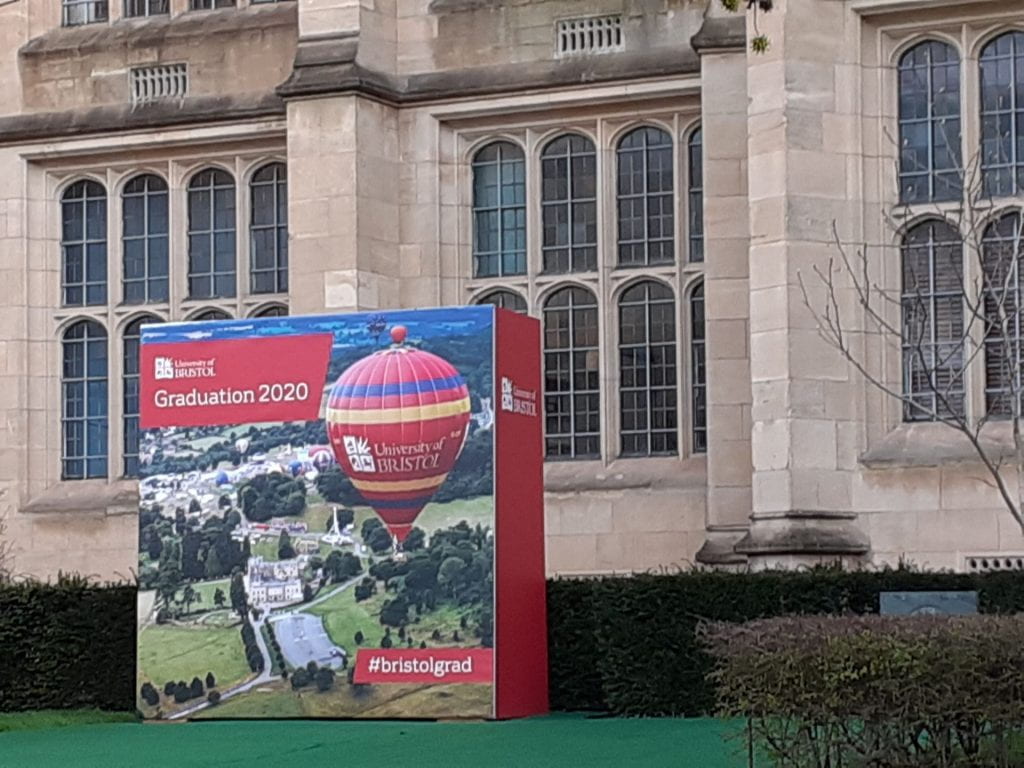
 Blog post by André Hedlund, Chevening Alumnus, MSc in Psychology of Education from the School of Education at the University of Bristol.
Blog post by André Hedlund, Chevening Alumnus, MSc in Psychology of Education from the School of Education at the University of Bristol.
Ever heard anyone say that? The last time I did was from one of the most powerful voices in movie history: Morgan Freeman’s. If he had been born in the UK, I’m sure he would’ve been knighted by now and joined the select group that includes Sir Anthony Hopkins, Sir Ian McKellen, Dame Judi Dench, and Dame Helen Mirren. Mr. Freeman played the role of Professor Samuel Norman, brain expert who has studied, among other things, the evolution of this incredible organ in Lucy, a movie co-starring Scarlet Johansson.
In one of the scenes, Professor Norman is lecturing to a group of interested students and says:
“Imagine for a moment what our life would be like if we could access, let’s say, 20% of our brain capacity?”
He goes on and claims that each human being has 100 billion neurons, from which only 15% are activated and that means that “we possess a gigantic network of information to which we have almost no access”. In his words, if we could access all the potential of our brains, we’d be able to control other people and even matter.
Well, Morgan Freeman, even though I love your voice and your acting, your character couldn’t be further from the truth. In this Luc Besson movie, released in 2014, most of what Professor Samuel Norman says is a false claim about the brain. It’s a neuromyth. (more…)









 Blog post by Claire Lee and Lucy Wenham, School of Education, University of Bristol
Blog post by Claire Lee and Lucy Wenham, School of Education, University of Bristol


